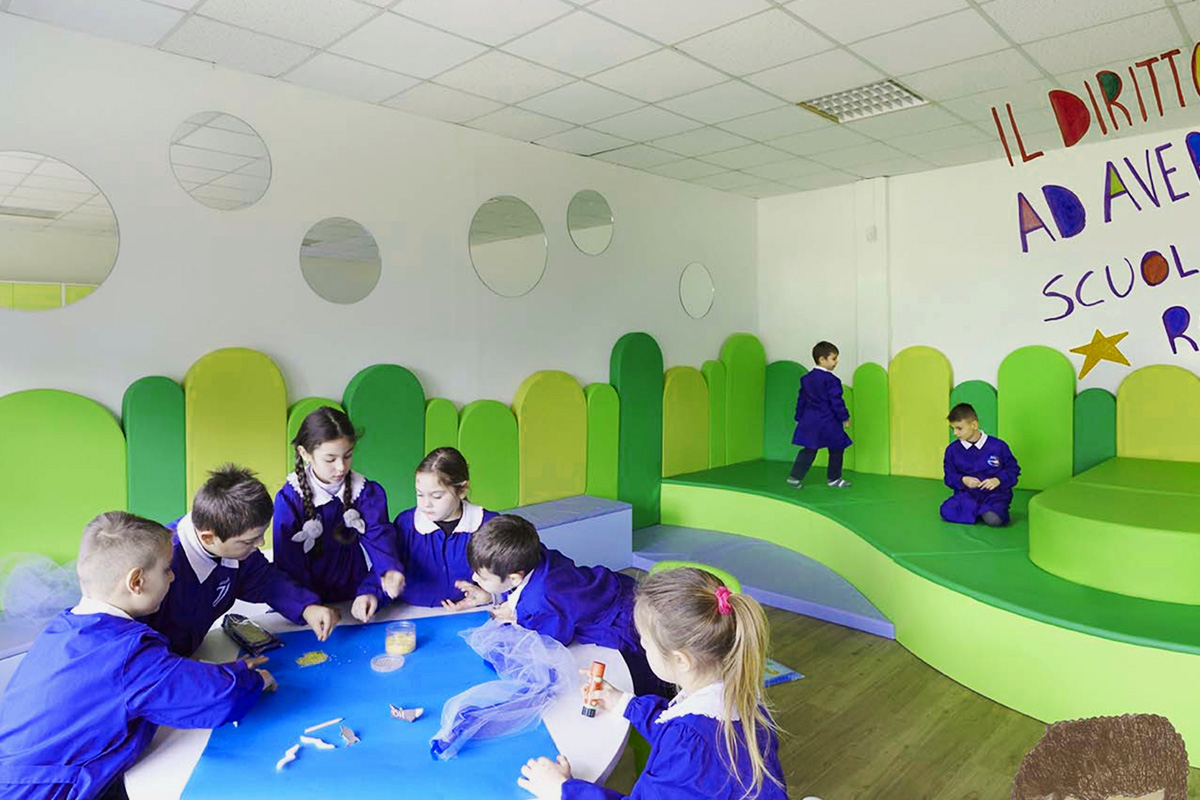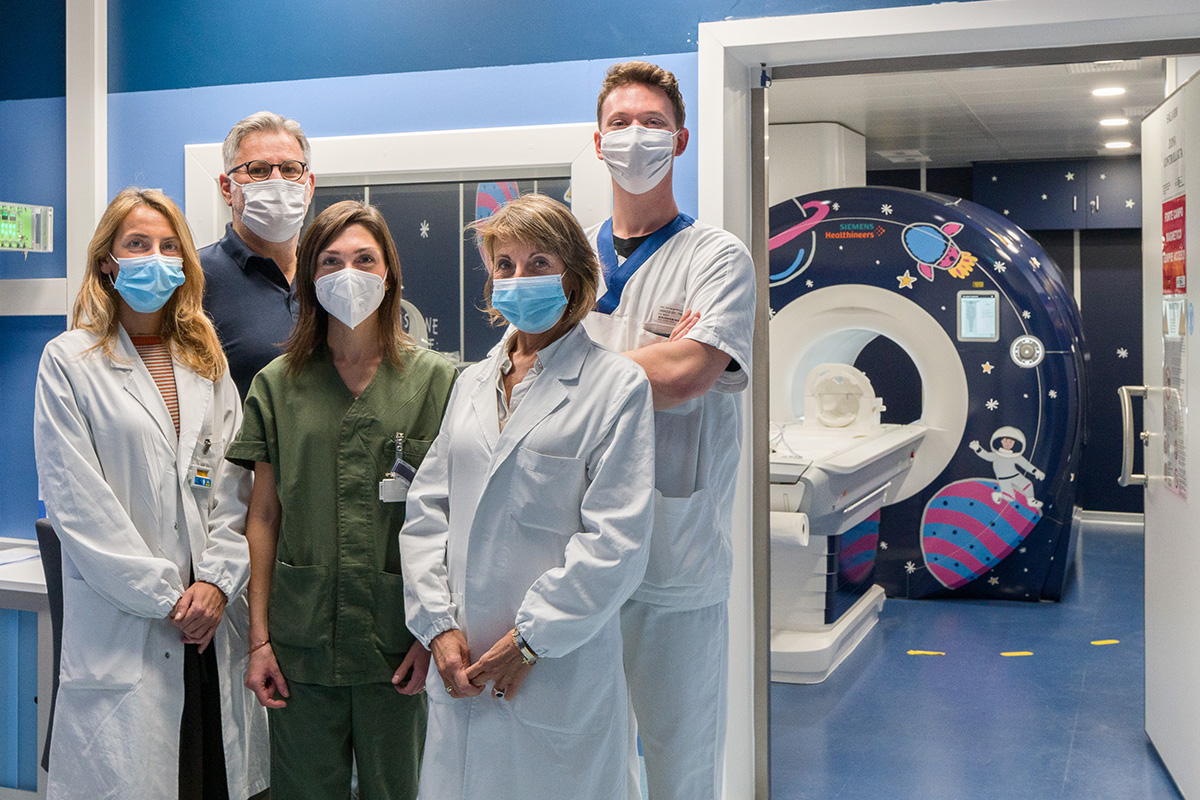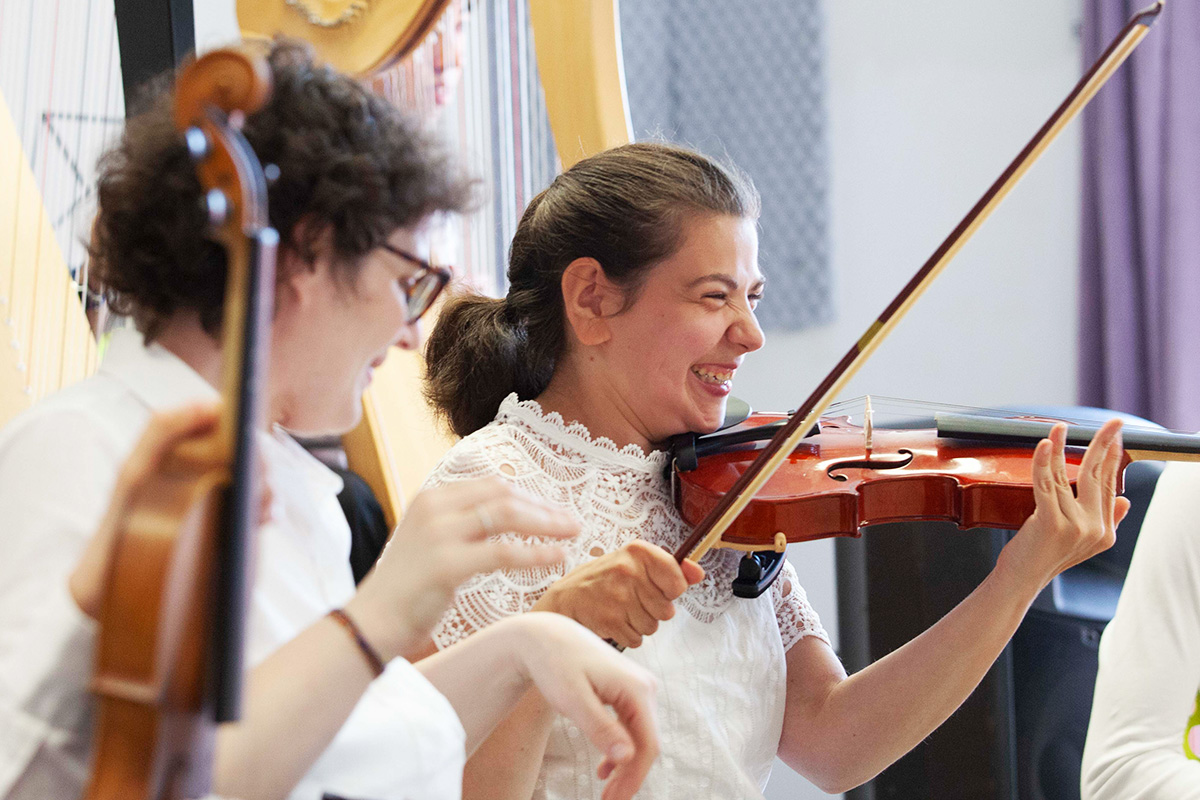Enel Cuore
Through Enel Cuore we support third sector organizations capable of creating value and ensuring fairness, social solidarity and sustainability through initiatives that stand the test of time.
Enel Cuore’s mission is to serve people through concrete interventions capable of responding to the needs of those experiencing vulnerability and social disadvantage.
Enel Cuore supports projects with a social impact to help those in need in areas on the margins where social and educational poverty represent genuine problems: initiatives that involve the elderly, people with health issues or disabilities, households experiencing financial hardship, female victims of violence, children with special educational needs, young people at risk of exclusion, migrants and refugees.
Enel Cuore, an organization that exists to serve people, represents a channel for listening to society’s most profound needs, with a particular focus on marginalization, health and education. We support tangible projects that put the individual at the center because truly sustainable, fair and inclusive development can and must begin with those who are in most need

With 957 projects supported so far and 118,78 million euros allocated, the actions of Enel Cuore are organized into four key areas: the culture of education, poverty and social inclusion, safeguarding health and integration and social autonomy.
Enel Cuore supports assistance and welcome projects aimed to contrast social exclusion and create inclusion opportunities, but also projects to safeguard health that facilitate access to treatment, improving and innovating structures and services, assisting families of those with health problems and supporting caregivers in their day-to-day lives.

The organization also works to contrast school dropout rates and educational inequality, valuing talent, ability and skills for the growth and development of children and young people and promoting the social autonomy of vulnerable people through projects in schools, integration and inclusion services, specific mentoring pathways, cultural initiatives and training and professional guidance.

